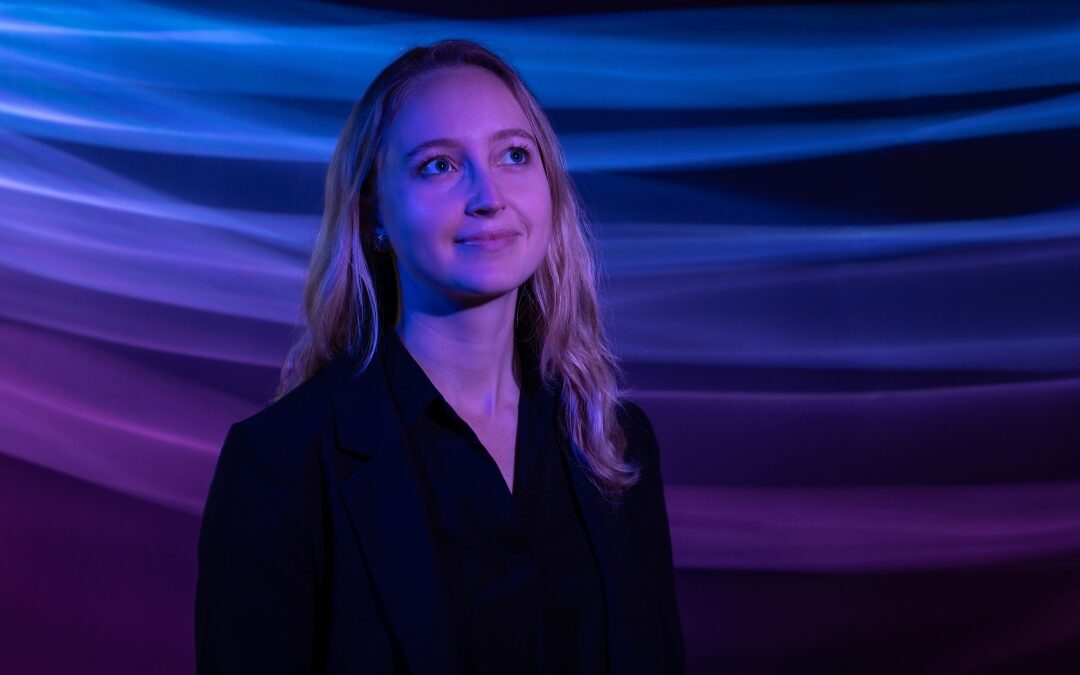Hannah Kerner ponders planetary problems. How can we better adapt to and mitigate climate change? How can we improve the quality of human life without exceeding the resource budget of the Earth? How can we ensure that the capabilities of new technology move society toward greater equity?
Kerner is an assistant professor of computer science at Arizona State University and she believes artificial intelligence is a means to address many of these global challenges. Not least because we already have the data needed to do so.
“We collect enormous amounts of data from sources including orbiting satellites and ocean sensors. We capture hundreds of terabytes every day and we have done so for decades,” says Kerner, a faculty member in the School of Computing and Augmented Intelligence, part of the Ira A. Fulton Schools of Engineering at ASU. “But now we can take these measurements and process them with AI to give us actionable information. We can enable decisions that yield real-world solutions.”
Kerner speaks with principled purpose, but also with practical experience and proven success. She leads the development and deployment of AI and machine learning tools for the NASA Acres and NASA Harvest consortia, which apply satellite observations to tackle pressing agricultural and food security challenges in the U.S. and worldwide.
Get the full story over on Full Circle.


